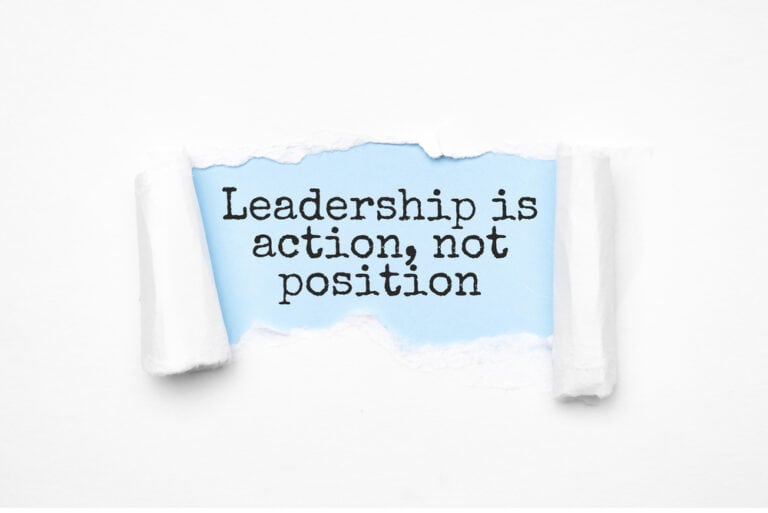I learned something new recently, regarding why we (humans in general) make commitments to ourselves, and then don’t keep too many of them. New year’s resolutions are obvious examples, but I’m thinking more about work-life or career-oriented commitments. Turns out there is a reason beyond “change is hard”. That’s true too, but my new information is this: there is a competing priority holding us back.
I talk about competing priorities a lot with clients – usually relating to conflict – but this is a whole new idea for me. This new concept came from a book I was introduced to: Immunity to Change, by Robert Kegan and Lisa Laskow-Lahey. If the information I’m about to share peaks your interest, I encourage you to check it out.
So, what is a competing priority, relative to a commitment? It is the reason we don’t honor some of our commitments. We make commitments, in a sense we have them, but a competing priority has us.
Here’s an example:
You get feedback that you are not easily approachable, and don’t work well on a team. In short, you aren’t getting along well with others, and your boss lets you know this could derail your upward mobility.
What do you do now? Well, your career is important to you, so you make a commitment to do better. You will learn some new skills to improve your interpersonal relationships at work. Maybe you even buy a book, get a coach, or go to a training class. You do, in fact, learn some new skills…but you don’t practice what you learned.
What the heck? This is important, right? Of course, it is. So, where’s the disconnect?
You have a competing priority that is keeping you stuck in old patterns. With regard to the previous example, the competing priority could be that it is important for you to be the one with all the answers. For you, collaborating, sharing information, and valuing others’ opinions might take that edge away from you. That’s the competing priority keeping you immune to change.
Identifying the competing priority is the first step toward actually keeping your commitment to make a positive change. Once you know what it is, the below tips will help you keep moving forward:
How to eliminate a derailing competing priority:
- Figure out what assumptions are supporting your competing priority. (Ex: If I “play nice” at work I might lose my edge!)
- Seek out evidence that contradicts those assumptions. (Ex: Jane gets along well with everyone. She’s quite inclusive. In fact, she just got that promotion and seems to be a go-to person for senior leaders. Maybe she’s the one who actually has ‘the edge’. ?)
- Test the validity of the assumptions that support your competing priority. (Ex: Observe others. Observe yourself. What’s working, what’s not?)
- Experiment with behaviors that support your commitment to change. (Ex: Practice showing genuine interest in others’ ideas and opinions; seek to understand v. overpowering. How do people respond? What are your results?)
- Celebrate (recognize) successful steps you take towards keeping your commitment. (Notice when a new behavior goes well. Success breed success!)
What competing priority is holding you back? If there’s a positive change you want to make, but haven’t yet been able to make significant progress, answer that question. The answer might just be the “aha” you needed to get things going.
Contact us for more information on our leadership development programs to help you become your best, individually and as an organization.

